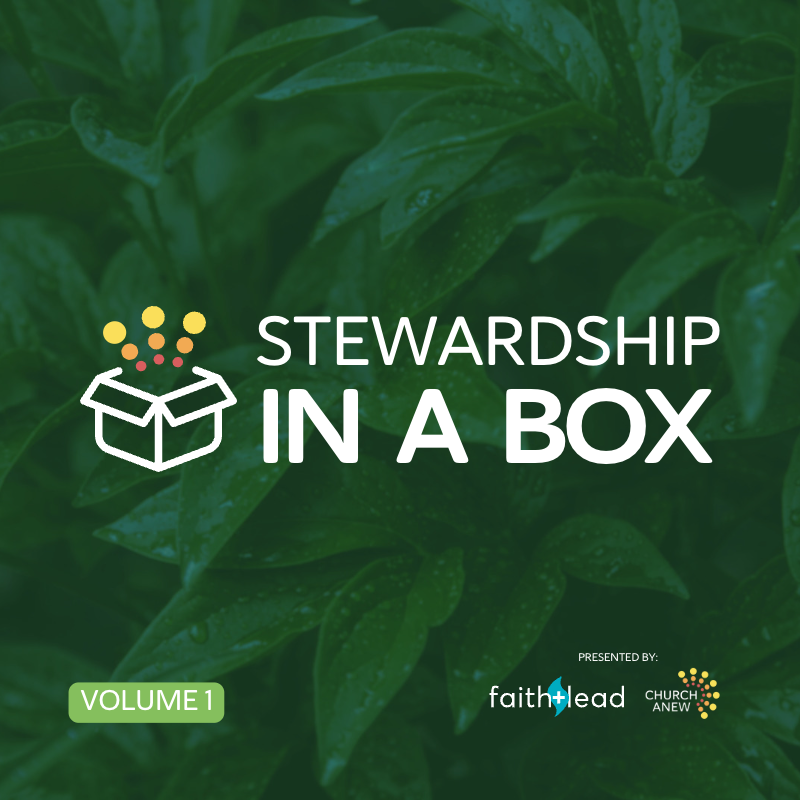Questions have Wings
Photo by Jacques le Henaff on Unsplash
“At this point in my life
I'd like to live as if only love mattered
As if redemption was in sight..
You see when I've touched the sky
The earth's gravity has pulled me down
But now I've reconciled that in this world
Birds and angels get the wings to fly
If you can believe in this heart of mine
If you can give it a try
Then I'll reach inside and find and give you
All the sweetness that I have
At this point in my life.”-Tracy Chapman
As we enter 2024, there is deep apprehension and fear about the pending presidential election this fall in the United States. There are anxieties about the outcome of that election and the impact it will have on bodies: women’s bodies, the bodies of persons of color, trans bodies, LGBTQIA bodies, bodies living in war zones outside the United States, bodies of those who live on the margins, the poor, the unhoused, the hungry, and those without access to healthcare.
The concern for further division and the hateful rhetoric of years past looms large. Earth’s gravity feels heavier at the start of this year. We feel the weight of the past and wonder what is next. I am reminded of that iconic scene from Forrest Gump, as Jenny, the titular character’s lifelong friend, a young girl traumatized by a life of abuse and hurt, tugs at Forrest’s arm to join her on her knees in a field, in a childlike prayer for deliverance. “Dear God, make me a bird, so that I can fly far, far, far away from here.” The present moment feels as if it is freighted and encumbered by all we’ve been through and there are moments when many of us want nothing more than to escape, to fly far far away. But the weight of gravity seems to keep us stuck in place.
It can feel hard to imagine right now. It can feel hard to consider what the future holds. I find myself asking:
What do I wish I had known years ago to prepare for the years following 2016?
What can I apply today?
How do I show up with love and care for others with this information?
How will my body and the bodies of others be impacted?
There is a phrase I’ve heard , “thoughts have wings”,which describes how a thought or an idea can take off growing and stretching farther than anyone could have anticipated. This phrase invites us to consider unintended consequences attached to the power of words, to stories, to questions. Words can take flight and catalyze our fears, stir our hopes, and spark imagination. The right questions can allow us to let go, take off. They have the power to transform our minds and hearts and to see beyond the fears and pain of any given moment to something hopeful.
The right question has wings.
In Isaiah we read: “But they that wait upon the Lord shall renew their strength; they shall mount up with wings as eagles” (Isaiah 40:31) Written at a time when both the kingdoms of Israel and Judah were crushed under the weight of the Assyrian empire, the prophet describes God’s action in the world, but also a people in turmoil. As they looked for liberation from oppression, as they faced their own divisions and conflicts within, these words sparked their imagination and fueled hope.
But, that hope isn’t just the product of inspiring words. Embedded in and around this verse in chapter 40, the prophet questions to their audience: “Who is like our God?” (v.18) and “to whom then will you compare [God]?” The questions catalyze a change in thinking. They serve as a reminder of who the people are, and who they belong to. Ultimately the prophet’s questions serve to shift the hearer’s perspective. “Lift up your eyes on high and see” says the prophet. And so an idea like hope takes flight.
Now is a moment, like the one facing the prophet Isaiah and the people of God. It is a moment that calls for good questions, perspective shifting, eye-opening, story changing questions. Our questions can lead to new ideas, redefining and reshaping how we understand and live into concepts like belonging, stewardship and ownership and so much more, moving us away from easy answers toward deeper connection with one another amid the struggles of life.
Our questions and our words mold themselves into wings that can break free from every weight of fear and defy Earth’s gravity.


